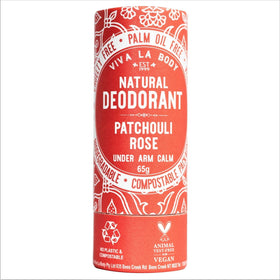
The chemical-free benefits of supporting organic food production
Conventional food production has become dependent on ways to manage the efficiency of crop yield. Yet, while such an efficiency is achieved, it comes with a significant trade-off. That trade-off, or cost, is using chemicals as a means of maximising crop yield. Through using herbicides, insecticides and fungicides, farmers attempt to protect the crop from plants, insects and other organisms which may hinder crop yield potential.
Selective herbicides have been developed to target particular plant species/varieties (through a specific application rate), while sparing the crop or pasture from being affected by the herbicide. Conversely, non-selective herbicides (also called knockdown herbicides) will damage most plants within application. Such herbicides include both glyphosate and paraquat. A commonly used non-selective herbicide is Glyphosate. This chemical is one of the active ingredients used in Round Up, and has revolutionised weed control in food production .
Herbicides can also contaminate ground and surface water. This is caused through the un-careful rinsing and/or disposal of herbicide containers, particularly when it occurs near drainage areas. Contamination can also occur when the chemicals are transported throughout the atmosphere during and after application, due to spray drift. Such a transportation can lead herbicides to surface and groundwater via precipitation. Herbicides also have the potential to destabilise a plant environment. For example, by reducing the present native grasses within an ecosystem, the micro-environment becomes more susceptible to invasive grass species, as such species will have reduced competition. Not only does this aspect reduce the diversity of the native plant-life within an ecosystem, but it also exacerbates the dependency on the unsustainable means of weed control.
Unfortunately, the Australian grains industry has become heavily dependant on using herbicides for weed control. Not only is the industry spending $1 billion on this chemicals annually, but a significant portion of wheat farmers regularly use knockdown herbicides (76 to 93%) and post-emergence herbicides (69 - 88%) for their production. However, there are certified organic wheat farmers that are choosing a different (and much healthier) way of producing wheat; a way that has little dependency on the chemicals used in conventional farming methods.
The Victorian-based brand, ‘Hakubaku’, utilises these organic-certified wheat sources, in order to bring the flavours of Japanese noodles to the dinner plates of the Australian food-lover. From Ramen and Udon, to Soba and Somen noodles, Hakubaku makes authentic, premium-quality, certified-organic noodles,.sing the purest, healthiest ingredients. The organic certification of Hakubaku ensures that their products are produced without any chemical pesticides, herbicides, insecticides or genetically modified ingredients (GMOs).
Welcome Organics is pleased to not just be supporting a local Australian business, but to be strengthening the consumer’s accessibility to healthy and organic food.

